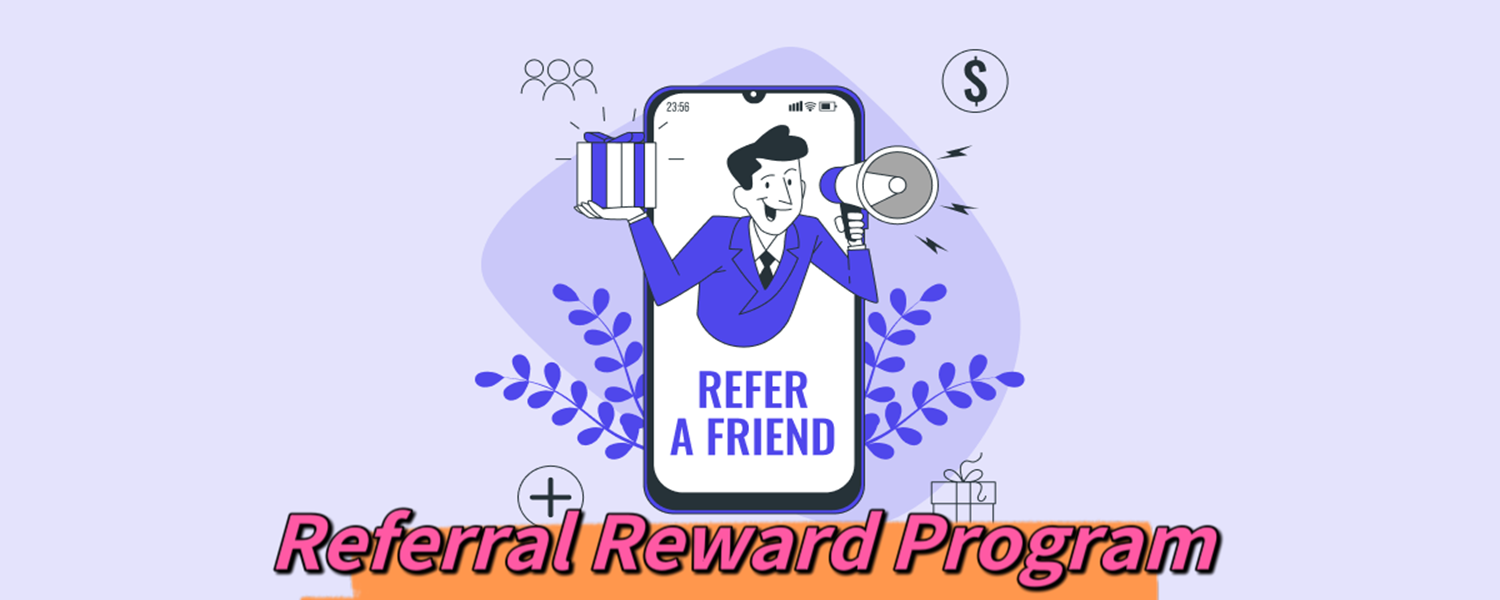Magic is more than simply sleight-of-hand and fancy props—it is a strong tool for influencing understanding and manipulating attention. The success of magic tricks depends seriously on psychological principles that guide just how readers process data and emphasis their attention. Knowledge these maxims can highlight why particular tips are very genuine and why readers are very quickly fooled. Here, we investigate the psychology behind successful miraculous tricks and how magicians influence these ideas to create mind-blowing performances.

1. Misdirection: The Art of Emphasis
One of the very simple psychological ideas in miraculous is misdirection. This strategy requires diverting the audience's interest from the activity that is crucial to the trick. Magicians use body gestures, eye contact, and signals to bring the audience's eyes away from where the real activity is happening. By handling what individuals focus on, magicians build the dream that anything impossible has occurred. Misdirection capitalizes on the restrictions of human interest, which can just emphasis on one major issue at a time.
2. The Energy of Suggestion
Magic tricks usually include leading the audience's ideas in a certain path through the use of suggestion. By slightly implying a specific outcome or selection, magicians may information spectators to think they have free will when, actually, their decisions have already been influenced. That concept is seen in card tricks where a magician might suggest specific cards or numbers to make the audience believe they've opted for them randomly.
3. Cognitive Biases
Magicians also play on frequent cognitive biases, like the confirmation prejudice, wherever people have a tendency to look for data that helps their present beliefs. In the situation of magic, that opinion makes readers prone to genuinely believe that they have seen a particular result, even if it's not what really happened. This is the reason readers might persist they “knew” a specific card seems or a specific prediction would come true.
4. Design Recognition
Individuals are normally adept at knowing habits, a talent that assists people sound right of the world. Magicians take advantage of that by creating routines that appear predictable. When a technique follows a routine, mental performance anticipates what comes next, which can cause being caught down defend by an urgent outcome. This section of shock is why is a secret remarkable and seems very nearly magical.

Realization
Successful miraculous tips rely on a strong comprehension of psychology and human behavior. By leveraging misdirection, recommendation, cognitive biases, design recognition, and storage manipulation, magicians create experiences that appear difficult and awe-inspiring. These mental maxims show that miraculous isn't nearly specialized ability but about knowledge and influencing how people think and comprehend reality. Whether you're an future magician or perhaps a fan, knowledge the psychology behind magic can offer you a new gratitude with this amazing art form.
